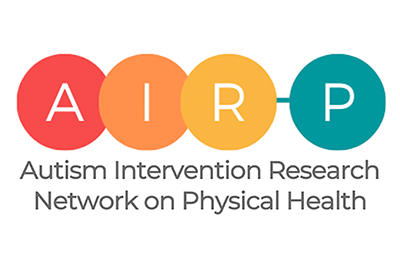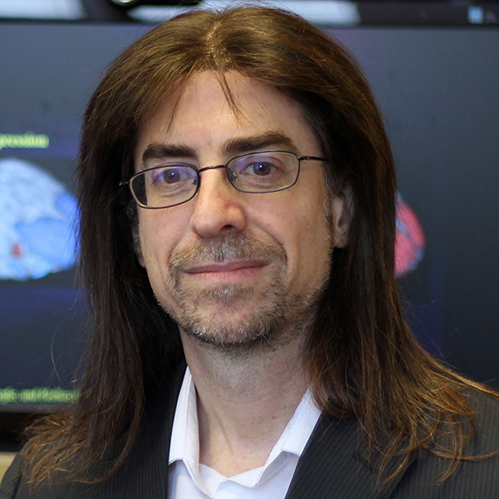AIR-P Presents: Freaking out and shutting down in autism: From Neuroscience to Narrative
Tuesday, February 18, 2025
4:00pm ET - 5:00pm ET
Location: Zoom
Webinar Description
Dr. Greg Siegle, from the University of Pittsburgh, will present a neuroscience-based framework for understanding reactions to emotional and sensory stimuli in autism that can seem very strong or almost absent, and how the same individuals may vary from one to the other type of reactivity. To support this framework, Dr. Siegle will work to integrate individuals’ neuroimaging data and their narratives, which autistic participants have said they want to have heard and understood by others. Dr. Siegle will relate these data to outcomes in a neuroimaging clinical trial of technologies to address dissociation.
Please Note
- CART captioning will be provided. For additional disability accommodations please email Anna Costalas at [email protected] two weeks prior to the event with name of event and accommodation preference in your response.
- There is no cost for this webinar.
- CEUs are not offered for this webinar.
- This webinar will be held on the Zoom Platform. You can test your connection with Zoom before joining the meeting here.
- This webinar will be archived available on the AUCD Webinar Library.

